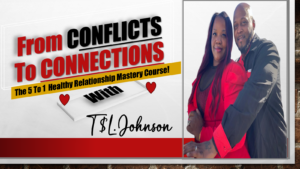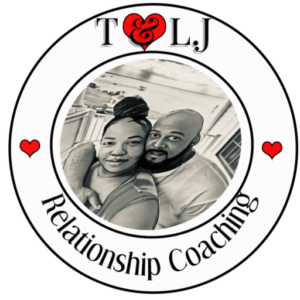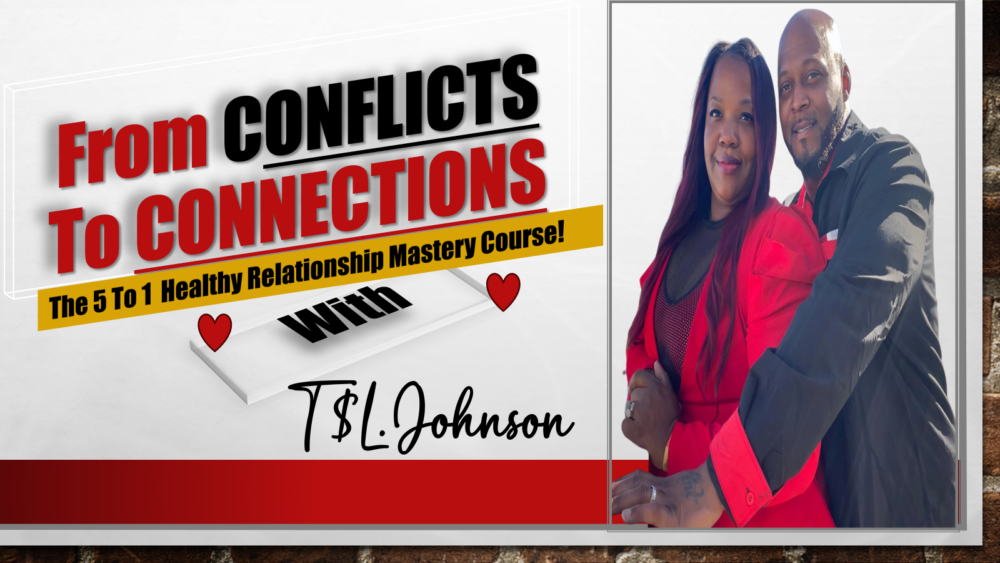The Importance of Acknowledging Mistakes
Understanding the Power of Recognition
When I think about an apology, the first thing that comes to mind is acknowledging that I’ve made a mistake. It’s not always easy to admit I’ve messed up, but understanding that this is the first step in an effective apology is crucial. For me, recognizing my fault not only helps the other person feel seen, but it also makes me aware of my own actions. It’s liberating to confront my own shortcomings and take responsibility.
There’s an undeniable strength in vulnerability. By admitting when I’ve erred, I’m opening a line of communication that bridges gaps instead of creating them. It’s an opportunity to show the other person that I’m not perfect, but I’m willing to learn and grow. Isn’t that what we all are trying to do at the end of the day?
In essence, acknowledging my mistakes is about honoring the feelings of the person I’ve hurt. It’s a gesture that proves I value our relationship and care enough to take the first step towards healing.
Expressing Genuine Regret
Finding the Right Words
Once I’ve acknowledged my mistake, expressing genuine regret becomes the next step. This part can be tricky because it’s all about matching my words with the feelings in my heart. I often try to put myself in the other person’s shoes to truly understand how my actions have affected them. It’s like that saying, “walk a mile in their shoes.” What would I want to hear if I were in their position?
From my experience, sincerity is key. I’ve learned that simply saying, “I’m sorry,” can sometimes fall flat if it’s not backed up with true emotion. When I apologize, I make sure to communicate that I’m not just acknowledging the hurt – I genuinely regret that my actions led to it. This emotional depth is crucial for an apology to feel meaningful.
Finding the right words can take time and reflection. It’s important for me to express not just regret, but to show that I understand the impact of my actions. When I do this, it feels like giving the other person a little piece of healing, and that’s a beautiful thing.
Taking Responsibility
Owning My Actions
Taking full responsibility for my actions is perhaps the most essential part of a heartfelt apology. I’ve realized that avoiding blame helps me to notonly respect the other person but also fosters my own personal growth. When I can pinpoint what I did wrong, it empowers me. It says, “Hey, I control my actions,” and that’s a powerful realization.
I remember a specific time when I mishandled a situation with a friend. Instead of making excuses or shifting the blame, I took a hard look at my own actions. Owning up to my mistakes not only made our conversation more honest but opened up an avenue for healing. It felt refreshing to be purely accountable and not dodge the issues.
In taking responsibility, I also create the groundwork for trust. It shows the other person that I’m committed to not repeating the same mistakes. This effort to own my actions reflects a deep respect for our relationship and for them as individuals.
Making Amends
Showing Willingness to Change
Making amends goes beyond just saying sorry; it’s about actively showing that I’m committed to change. When I’ve caused harm, I make it a priority to think about what I can do differently moving forward. It’s a call to action that speaks volumes beyond words. I often find that small gestures can go a long way in mending wounds.

For instance, if my mistake involved a promise I broke, I will look for ways to demonstrate that I care. Maybe it means prioritizing time together or sticking to commitments in the future. These actions reinforce my sincerity and validate the feelings of the person I hurt. It’s a way to show them that I’m not only sorry, but I’m willing to make things right.
Additionally, asking for feedback during this stage can be extremely beneficial. If the other person shares what they need from me to heal, it fosters a deeper connection. It reassures them that I’m committed to our relationship and that I value their feelings immensely.
Forging a Path Forward
Building a Better Relationship
Finally, forging a path forward is about looking towards the future with optimism after an apology. We often have this misconception that an apology is a one-time deal when, in fact, it should be the starting point for better communication. In my experience, the work doesn’t end once an apology is made; rather, it’s a foundation for a renewed relationship.
To build a better relationship post-apology, I’ve found it’s essential to keep the lines of communication open. Engaging in honest conversations ensures that both parties feel comfortable expressing their feelings. This ongoing dialogue not only reaffirms our bond but also diminishes the chance of misunderstandings in the future.
Additionally, I prioritize checking in with the other person periodically. It’s important to ask how they’re feeling about our relationship moving forward. This act reminds them that I genuinely care about their emotional well-being and am committed to doing better for both of us.
FAQs
1. Why is an apology important?
An apology is important because it acknowledges a mistake, expresses regret, and fosters healing in relationships. It helps to rebuild trust and shows the affected person that their feelings matter.
2. How can I express genuine regret?
To express genuine regret, use heartfelt language that reflects your emotions. Share your understanding of how your actions affected the other person and clearly communicate your desire to make things right.
3. What does taking responsibility involve?
Taking responsibility involves owning up to your actions without making excuses. Acknowledge the impact of your behavior and be honest about your role in the situation.
4. How can I make amends after an apology?
You can make amends by showing your commitment to change through your actions. Look for ways to demonstrate that you understand the mistake and are dedicated to preventing it in the future.
5. How do I rebuild a relationship after an apology?
Rebuilding a relationship after an apology involves open communication, checking in regularly, and being mindful of your actions moving forward. Create space for ongoing dialogue to ensure both parties feel heard and valued.

Schedule Your First 20-Minute Coaching
Call With Us Today to see if we fit . You pick the price!
Click Here





